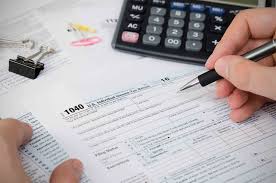Brent crude, the international benchmark, rose to $88 a barrel early Tuesday after the Saudi energy minister, Prince Abdulaziz bin Salman, refuted an article in The Wall Street Journal that said the group of oil producers known as OPEC+ would increase production at its Dec. 4 meeting. The group, composed of the OPEC cartel and a handful of oil-producing allies led by Russia, had announced a production cut last month.
“It is well known, and no secret, that OPEC+ does not discuss any decisions ahead of its meetings,” bin Salman said Monday through state news agency SPA. “The current cut of 2 million barrels per day by OPEC+ continues until the end of 2023 and if there is a need to take further measures by reducing production to balance supply and demand, we always remain ready to intervene.”
Oil is coming under pressure from a slowdown in the global economy dampening demand. More cases of COVID-19 in China, as well as reduced economic activity in South Korea, had brought oil prices to 10-month lows on Monday. Oil is now trading at $50 a barrel less than it was following Russia’s invasion of Ukraine in late February.
While gasoline prices have fallen in the U.S., now averaging $3.66 a gallon according to AAA, the drop at the pump could continue into the Thanksgiving holiday travel period.
“The national average has fallen sharply since the June peak of nearly $5.02,” said Andrew Gross, AAA spokesperson. “But this Thanksgiving will be about 20 cents higher than a year ago, and a dollar more per gallon than a pre-pandemic 2019. However, we can be thankful that gas prices are moving in the right direction for now.”
The strength of the dollar is also weighing on oil as the commodity is traded in dollars. The dollar has been rising in response to the Federal Reserve’s campaign to raise interest rates in an effort to bring inflation down. Recent comments from Fed officials have thrown cold water on the notion the Fed is finished raising rates, while weakening global economic activity has sent investors looking for safe investment havens such as the dollar.


